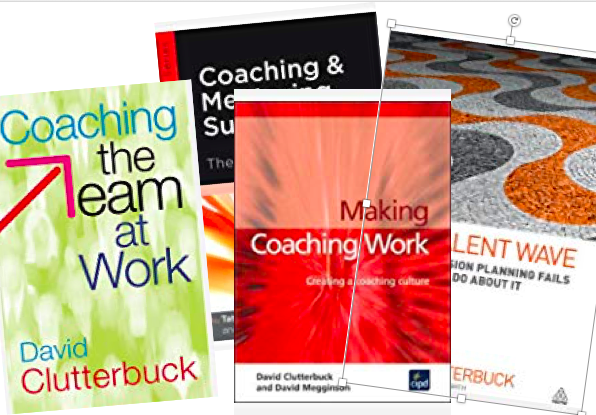David Clutterbuck, co-founder di EMCC e autore di <Coaching and Mentoring Supervision>, <Mentoring Executives and Directors>, <Coaching the Team at work> e altri testi, ha risposto volentieri ad alcune domande sul mestiere di coach.
- which skills should a coach constantly improve?
We have found three key qualities that make great leaders and great coaches alike: Compassion, Curiosity and Courage. The skills that support these include listening, questioning, reflecting, patience, humility and the ability to let go of the need to control.
- if you think to the most difficult case you had; where was this difficulty located?
I have learned over the years to ask the question, Is this person (or team) coachable by me now? The last three words are significant, because they may be coachable by someone else with different skills and perspectives. This has led me to avoid cases such as deeply toxic teams, sociopathic leaders and organization climates that are fundamentally unethical and unwilling to change.
- let us focus on the market for coaching: which one is growing? are you thinking to geography or to specific targets?
The biggest growth area in coaching is within companies – this is the future of the coaching discipline.
- what or who is the worst coach’s enemy?
Usually themselves and their need to control the conversation (even though they usually think they are being non-directive!). For example, the expectation that coaching sessions should produce solutions to client problems meets the coach’s needs more than those of the client.
- what do you think about organisational coaching? Is it the future? Does it require new skills to the coach?
It’s a lot easier to meld coaching with its much older sibling, mentoring, in an organizational context. So, the additional skills of mentoring (using personal experience, organizational knowledge and insights to stimulate the learner’s thinking) become more important. But that inside knowledge requires greater skill to handle in a coaching or mentoring conversation, to avoid becoming directive.
- what about coaching and artificial intelligence? is it the future? do you think it may be trustable? and useful? never, instead or together a traditional human approach?
Very basic level coaching can already be delivered quite effectively by an AI. At more complex levels of conversation, we will increasingly see coach-AI partnerships, merging the strengths of both.
- let me know the titles of the last two books that you felt powerful in order to improve your personal professional skills.
I am constantly being influenced by new writings, both books and academic papers. It’s hard to pick out particular titles that have had an impact on their own – rather, I encounter a concept or idea and become alert to writing around it in any form, which could be books, papers or even blogs.

